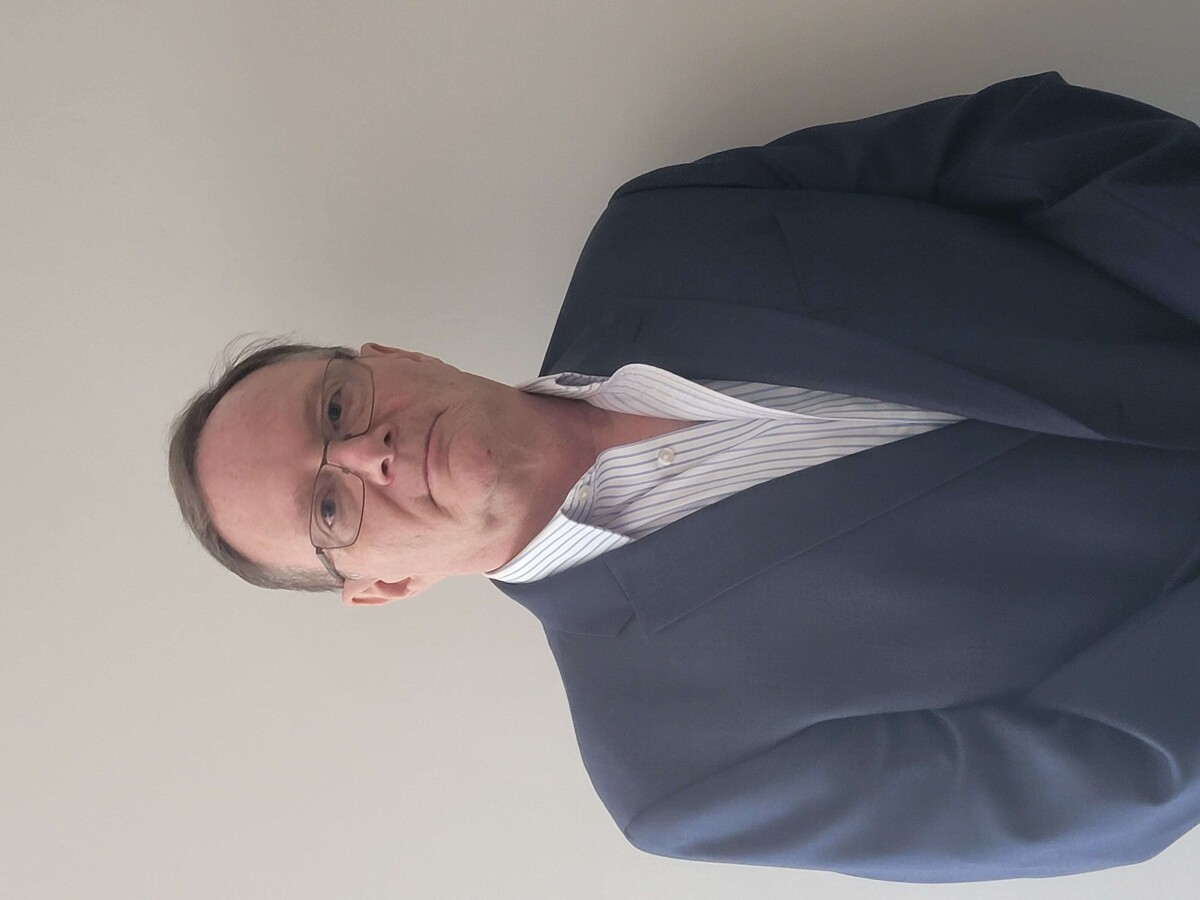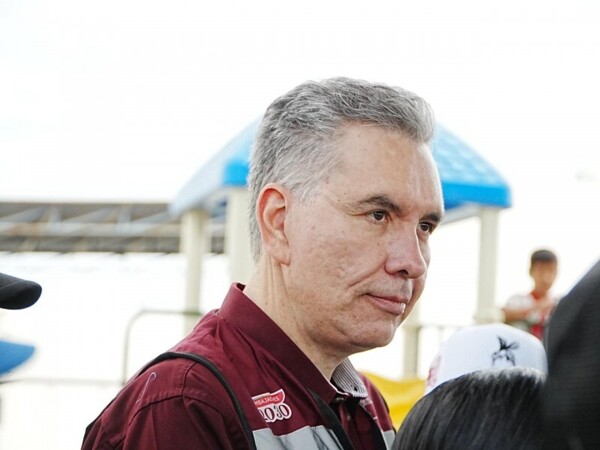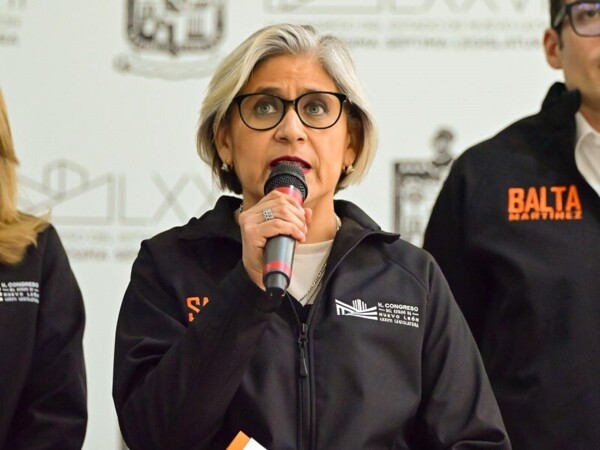
In the midst of crises, wars, and political tensions worldwide, it is important to pause and reflect on how these events impact our youth. Daily, they are bombarded with information from various sources, some of which are incorrect, biased, or outright false. This constant flow of negative news can create concerns about the future, progress, and the opportunities that life holds for them.
Many times, young people are more concerned about global issues than we might imagine. From democratic backsliding to humanitarian crises, ethical dilemmas, and economic problems, young people are aware of a wide range of issues that affect the world we live in. It is essential to give them space to express their opinions, doubts, and concerns, not by imposing our beliefs but rather to understand how they perceive the reality around them.
In this sense, adults, whether parents, relatives, or trusted friends, must provide a safe space for young people to express their thoughts on these topics. Actively listening to their concerns and promoting open and respectful dialogue can help them feel understood and develop a critical sense regarding the information they receive daily.
It is crucial to foster a balance in the information they consume, steering them away from sensationalism and alarmism that often characterize social media and communication channels. Young people need tools to discern between what is true and false, between opinion and objective information, to build a more complete and balanced view of the world around them.
In the current context, where global changes are constant and overwhelming, it is crucial to pay attention to how these events affect the mental health and physical well-being of young people. The COVID-19 pandemic, along with other urgent themes such as diversity, equity, climate change, and gender equality, has generated new concerns and interests among today’s youth.
Moreover, it is important to consider that the way young people access information through digital platforms and social media can influence how they perceive reality. The presence of misinformation, sensationalism, and lack of balance in these sources can distort their view of the world and generate anxiety or confusion.
In this sense, it is the responsibility of adults to accompany young people in their process of understanding and analyzing the information they receive, promoting a critical and reflective approach that allows them to navigate more informed and consciously in an increasingly complex and uncertain world. Active listening, respectful dialogue, and promotion of reliable information sources are key to supporting young people in their development as critical and engaged citizens in society.














